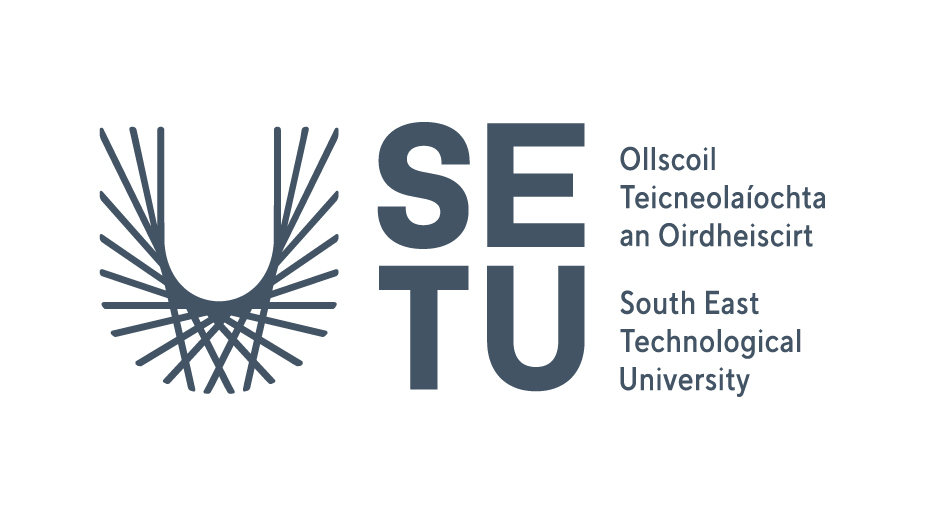 Some parts of our site are currently being realigned and merged with our project website….
Some parts of our site are currently being realigned and merged with our project website….
WUERC
We are a team of researchers based in Waterford (Ireland) who work collaboratively across disciplines and institutions to study the experiences of social welfare and unemployment. Our longitudinal study of the experiences of unemployment is over 10 years old and has produced a number of distinct collaborative research projects which have been funded through EU/EC Horizon 2020, Irish Research Council (IRC) and Science Foundation Ireland (SFI).
Founded in Waterford in 2012 our core researchers are based in South East Technological University and University College Cork. The two Universities run the annual Economy & Society Summer School, supported by the President of Ireland’s Ethics Initiative.
The Waterford Un/Employment Research Collaborative (WUERC) came into being against the backdrop of a rapid increase in the number of unemployed people in Ireland (from 4.2% to 15% between February 2006 and February 2012). The research group, comprising of colleagues in from the schools of Business and Humanities in South East Technological University, set out to develop large scale datasets around the experience of unemployment and produced the 2015 book “The Sociology of Unemployment” published by Manchester University Press. Since the initial phase of the research the group has continued to expand its interests and now has three main areas of interest.
Historical Labour Markets and Welfare
Unemployment and job creation is of central importance to political life in Ireland. The growth from the 1950s hailed an economic recovery with a singular aspiration of full employment. This stream explores the genealogy of political interference in the creation of jobs and the administration of social welfare. More information on this project can be found in the Historical Labour and Welfare tab and throughout the blog postings.
Welfare Conditionality and Sanctions
This stream explores the increasing trend towards imposing conditions and sanctions on unemployed people, whether through demographics (e.g. age) or failure to find employment. Increasingly social welfare recipients note the additional challenge of responding to the demands of social welfare departments while trying to remain focused on finding paid, quality and sustainable employment. More information on this project can be found in the Welfare Conditionality tab and throughout the blog postings.
Transformations in Public Employment Services (PES) and the Labour Market
The drive towards digitalisation of public services has increased in scope and momentum over the past decades. This stream of work explores new trends in social welfare and PES activities as they relate to provision of social welfare supports. These current transformations are additionally explored within the environment of a changing labour market where boundaryless careers, identity work and precarity of employment are common. This stream explores how new forms of work are impacting on career decision making and government supports for those who find themselves unemployed or frictionally employed. More information on this project can be found in the New Labour Market tab and throughout the blog postings.
In the past 10 years our team have secured national and international funding to develop our research, both locally and internationally.
HECAT- Disruptive Technologies Supporting Labour Market Decision Making (Supported by Horizon 2020).
This research project included partners from Sciences Po (France), Copenhagen Business School (Denmark), Roskilde University (Denmark), Josef Stefan Institute (Slovenia), University of Ljubljana (Slovenia), Platform Networking for Jobs (Switzerland), Tecnalia (Spain) and Employment Services Slovenia (state PES). It was co-ordinated by SETU and PI Dr Ray Griffin.
Further details of this project and links to Deliverables and Publications can be found in the ‘Our Projects’ Tab above.
PEStech- Making the Labour Market Visible (Supported by Science Foundation Ireland)
This research project was developed to respond to the SFI National Challenge on Disruptive Technologies. The research explored employment search and extended findings and principles from the HECAT project that job seekers are highly receptive to exploring open and transparent labour market data. Further details of this project can be found in the ‘Our Projects’ Tab above.
PEX – Understanding Unemployment in the Era of Big Data (Supported by Irish Research Council).
This branch of research is supported by a funding grant from the Irish Research Council (IRC) under the New Horizons Interdisciplinary Research Project Award.
The primary aim of the research project “Understanding Unemployment in the Era of Big Data: Exploring how data-driven theory and algorithmic knowledge can support better policy and personal decision making” is to explore how emerging analytical methods and computational tools can improve the experience of unemployment. It is a future driven stream of the WUERC project, exploring concepts like the Industrial Revolution 4.0 and its potential consequences on future work and unemployment. Taking the recent deployment of the PEX algorithm (probability of exit from the live register) by the Irish Department of Social Protection (DSP) as the point of departure, the project aims to produce data-driven models of unemployment dynamics that incorporate conventional and emerging theory on the experience of unemployment. In this way, the project aspires contribute by: Improving, broadening and strengthening the deployment of algorthmic knowledge on unemployment in Ireland and beyond; contribute to the emerging sociological and organisaiton studies work on the social life of algorthimic knowledge; contribute to the nascent field of operational algorithms, by creating an up to date tool to capture the important individual characteristics that fall outside of the scope of the PEX algorithm while making the tool assessable to those at the centre of the model.
The research will expand the WUERC project by developing a broader national and international scope with an ultimate goal of participating in a European-wide Horizon 2020 research collaborative. More information on this project can be found in the PEX tab and throughout the blog postings.
Gratefully Supported By

